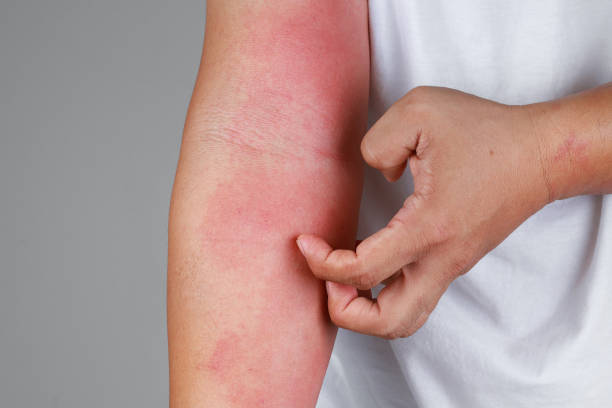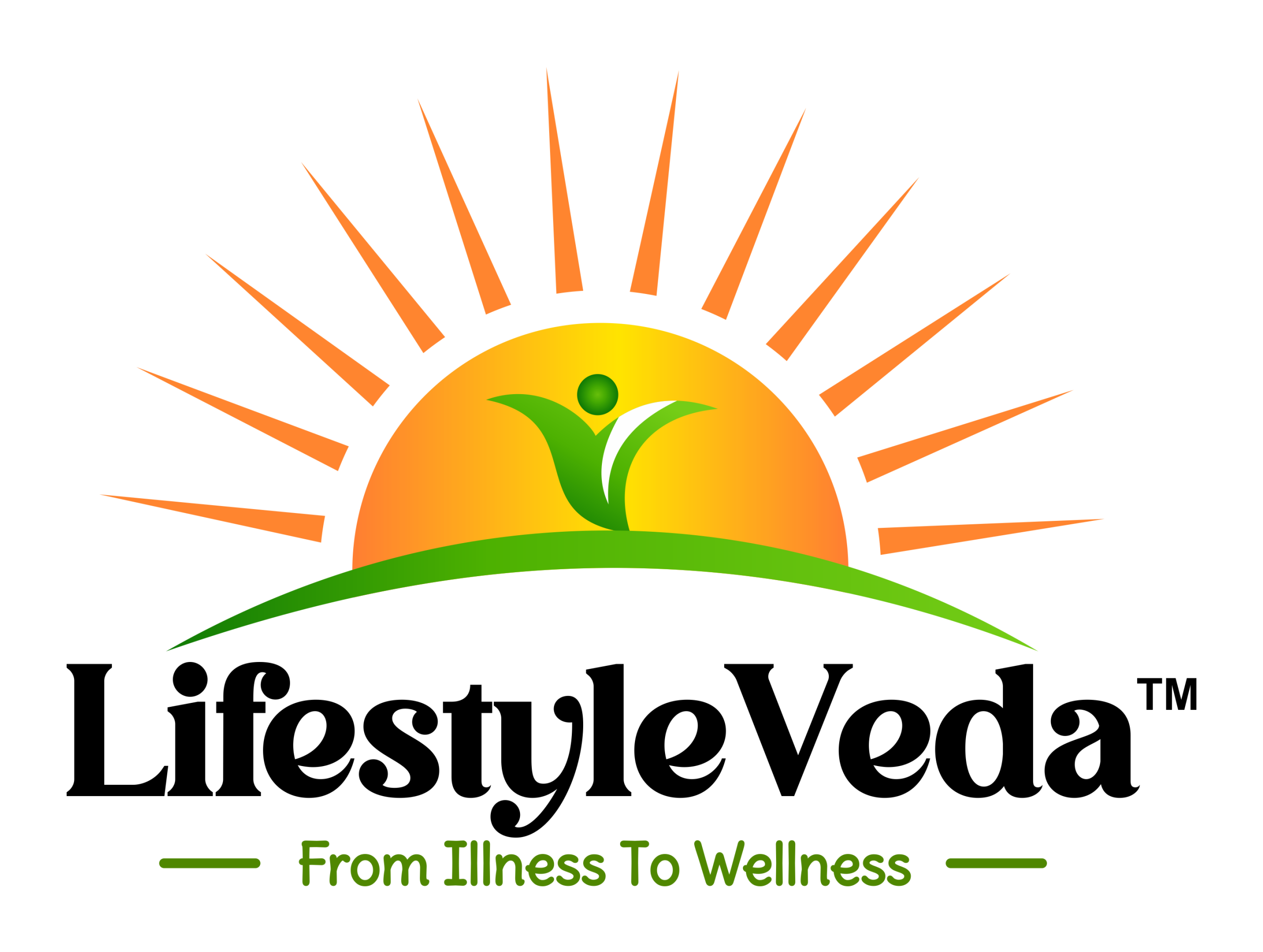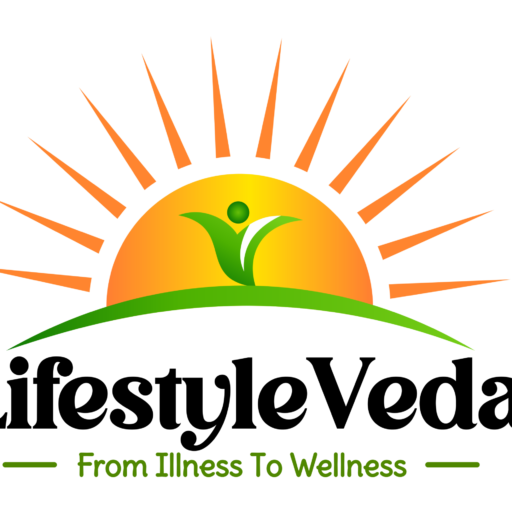Eczema & Homeopathic Treatment

Eczema, also known as atopic dermatitis, is a chronic skin condition that causes red, dry, itchy, and inflamed skin. It can affect people of all ages and is often linked to allergies, immune system imbalances, and genetic factors.
Causes of Eczema:
• Genetics – A family history of eczema, asthma, or allergies increases the risk.
• Immune System Dysfunction – Overactive immune responses trigger inflammation.
• Environmental Triggers – Dust, pollen, pet dander, harsh soaps, detergents, and extreme temperatures.
• Food Allergies – Dairy, nuts, gluten, eggs, and soy may worsen eczema.
• Stress & Hormonal Changes – Can trigger flare-ups.
Symptoms of Eczema:
• Dry, scaly, and thickened skin
• Intense itching, especially at night
• Red or inflamed patches
• Cracked, bleeding, or oozing skin
• Recurring flare-ups with periods of relief
Homeopathic Remedies for Eczema:
Homeopathy treats eczema holistically, addressing both the skin condition and underlying causes like allergies, stress, and immune dysfunction.
• Graphites – For thick, dry, cracked skin with oozing sticky fluid. Best for eczema around the ears, hands, and skin folds.
• Sulphur – Used when the skin is intensely itchy, dry, and worsens with heat and bathing.
• Mezereum – For blistering eczema with thick crusts and pus formation.
• Rhus Toxicodendron – Helps when eczema is accompanied by intense burning and itching, worsens at night, and improves with warm applications.
• Petroleum – Best for extremely dry, rough, cracked skin, especially in winter.
• Natrum Muriaticum – For eczema triggered by emotional stress and suppressed emotions.
• Arsenicum Album – Useful when eczema is dry, scaly, and worsens with cold weather.
• Calendula (Topical Application) – A natural antiseptic that helps heal and soothe eczema-affected skin.
Natural & Lifestyle Remedies:
• Moisturize regularly – Use fragrance-free, hydrating creams to prevent dryness.
• Avoid harsh soaps & detergents – Use mild, hypoallergenic skincare products.
• Identify food triggers – Eliminate potential allergens like dairy, gluten, and nuts.
• Reduce stress – Yoga, meditation, and breathing exercises can help prevent flare-ups.
• Wear breathable fabrics – Cotton clothing helps reduce skin irritation.
• Hydration – Drink plenty of water to keep skin hydrated.
Conclusion

